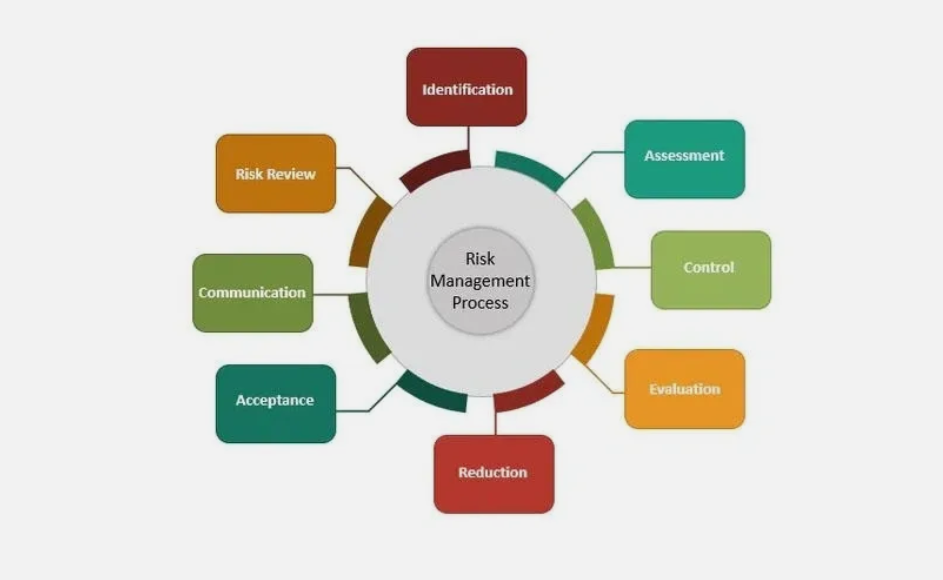
RISKS IN ISO CERTIFICATIONS
When you see a claim of ISO certification on a product or its packaging or advertising, you feel assured you are dealing with a good product or service.
Right?
That is how it should be?
But unfortunately, it is not always so!!!
Let us try to identify signs which may mean that it’s a misleading or even fraudulent claim.
Firstly , ISO, which is International Organization for Standardization, is only into standards setting – nothing more. It neither certifies to ISO standards nor authorizes anyone to certify against it. It develops standards and leaves them free in the market to be used as businesses may deem fit – for just implementation or requiring their suppliers to implement it or to get formally certified. So, when anyone uses the ISO logo or claims he has been authorized by ISO, he is misleading you.
Secondly, there are standards of different kinds – specifications for products, test methods, just glossary of terms, guidelines for implementation, codes of practices etc. Not all these standards are certifiable. Only one kind of standards can be used for certification – those which contain requirements and are titled “Specification for….” or “Requirements for ….” Another distinction if you read the standards is that a requirement standard uses ‘shall’ while use of ‘should’ means it’s a guidance or a recommendation not obligatory to follow.
However, in the market you find that there are certifications to other kinds of standards especially guidelines – examples being ISO 31000 for Risk Management or ISO 10002 for Complaints handling or the very popular Codex standard for good manufacturing/hygienic practices (GMP/GHP) and HACCP. If you observe any certificate referring to any of these or similar guidance standards, you can be sure that these certificates are inappropriate.
Thirdly, ISO certifications, as they are popularly called in the market, pertain to what are called Management systems standards. The first and the most certified standard globally is ISO 9001 for quality management systems. There are many others – ISO 14001 for environment, ISO 22000 for food safety, ISO 27001 for information security, ISO 45001 for occupational health and safety and so on. Certification against each of them means that the organization has implemented a good system within the organization to manage quality or environment or food safety and so on. While ISO 9001 should provide reasonable assurance about quality of product or service, it is not technically certification of product or service. This is a subtle distinction but important to understand form consumer or user viewpoint. The sign of assured quality of product is presence of a certification mark on it – like ISI mark or Agmark. If you complain about a product with a certification mark, you are likely to get a free replacement if your complaint is found to be valid but not so in case of ISO 9001 certification!!!
Fourthly, precisely for the reason explained above, international norms do not allow use of any certification mark associated with management systems certification. If anyone uses a certification mark or symbol or logo to denote ISO certification, he is misleading you.
Fifth , international norms do not allow the use of statement of certification on the product or its packaging in case of food products – any statement like ‘ISO 22000 certified’ or ‘ISO 9001 certified company’ or ‘HACCP certified’ on the food product or its packaging is violation of international norms because it is misleading common man who does not understand these technicalities.
Sixth, in case of products other than food, statement of certification can be used but only on detachable packaging and not on packaging integral to the product. For example, if you purchase an electric kettle, the statement can be on its packaging but not on the label which is screwed on to it or embossed on it or attached in a way that it stays with the product. Even if on the packaging, it must identify the manufacturer, the standard and the certifying body.
Lastly, and most importantly, can we be sure that claim of ISO certification is authentic? Unfortunately, no.
There is mushrooming of certifying agencies in the market and in the absence of any regulation, anyone can set up such an agency and start issuing certificates.
How can then you be sure that the certificate is authentic?
The only way to assure oneself that the certificate is authentic is if the certifying agency is what is called ‘accredited’. There is a voluntary system of accreditation of such agencies as per applicable international standards, which operates under the aegis of a body called the ‘International Accreditation Forum’ (IAF) and there are accreditation bodies in almost all the countries, except small ones like Bhutan, Maldives and Nepal, who grant accreditation under this system. Thankfully IAF has now created a global directory, and you can actually verify most ISO certificates, certainly ISO 9001, on the website https://www.iafcertsearch.org/. You can also see the list of accreditation bodies and certifying agencies on this website.
There are many certifying agencies which claim accreditation from so called accreditation bodies generally with addresses in USA or Europe whose existence itself is suspect. There are many others who issue what are called ‘unaccredited certificates’ in the market which is perfectly legal but means these certificates are under no oversight.
The easiest way of identifying an accredited certificate is that it carries the logo of the accreditation body on it.
As the foregoing demonstrates, one needs to be careful when faced with claims of ISO certifications to separate genuine claims from many misleading and even fraudulent claims in the market.
As a consumer with no wherewithal to verify the certificates, you are at huge risk.
As a manufacturer or organized buyer, you can possibly, and should, spend time to identify authentic certificates and certifying agencies lest you end up with a certificate which looks beautiful on paper but has no value.
To sum up, one has to be very careful in relying on ISO certificates and claims of ISO certification.
The original content is pubished on https://mediamapnewsnetwork.com/%F0%9F%8F%9B%EF%B8%8F-vichaar-voices/f/risks-in-iso-certifications
Submit your email ID to receive notifications about upcoming courses and events
